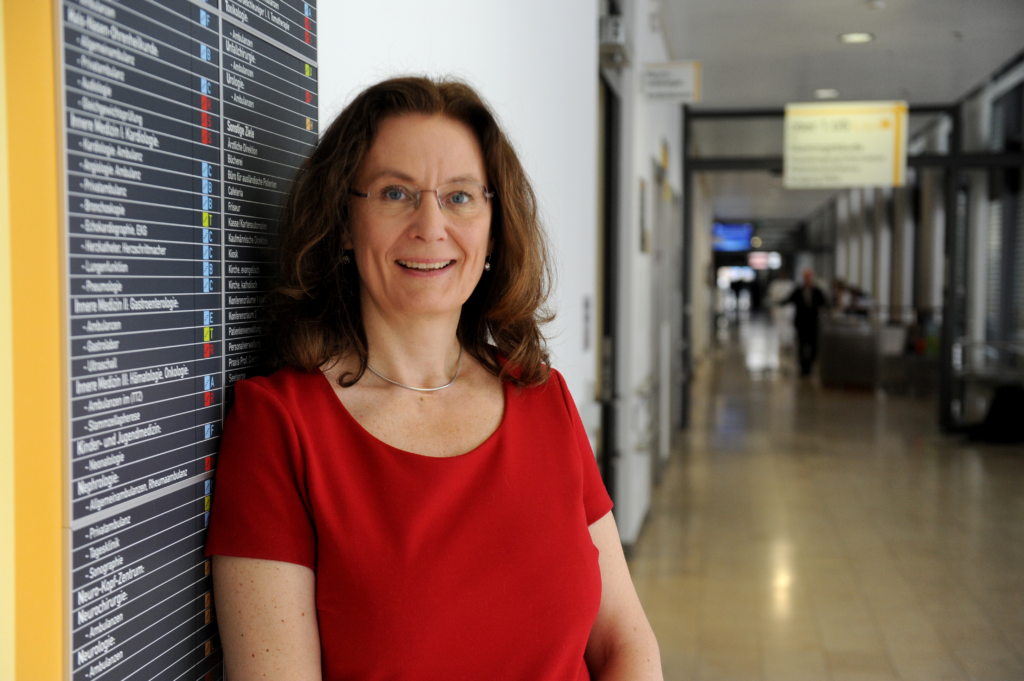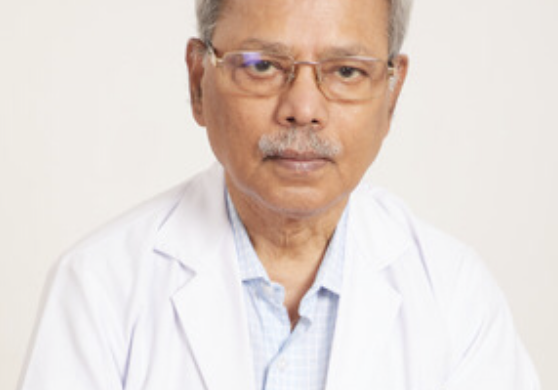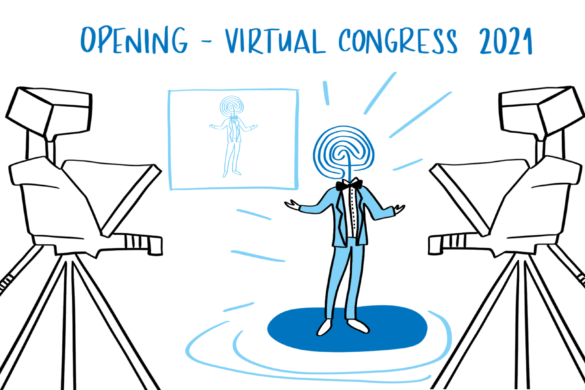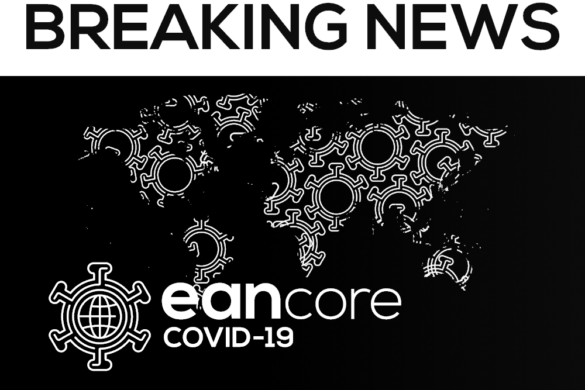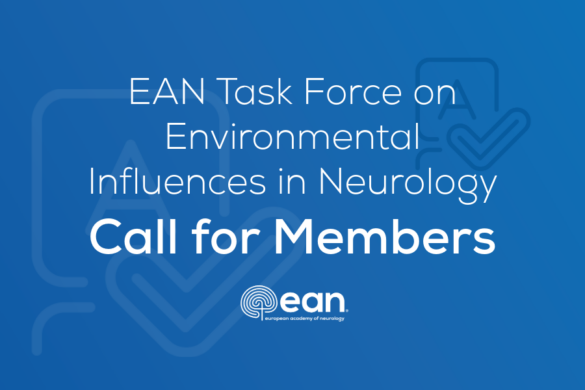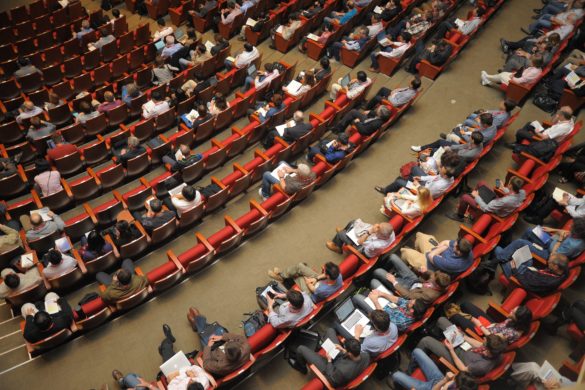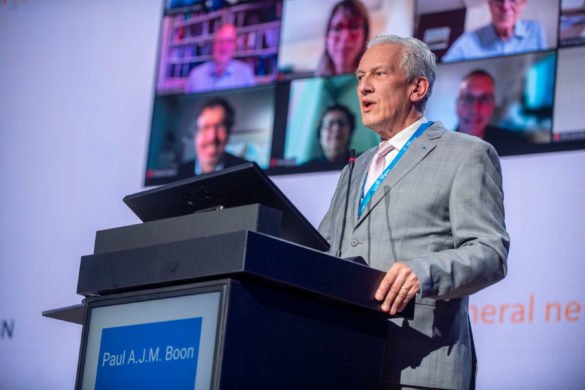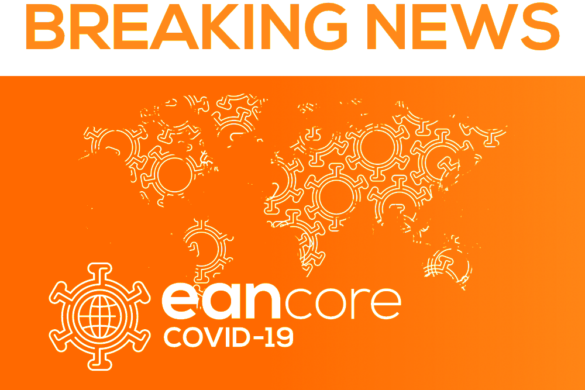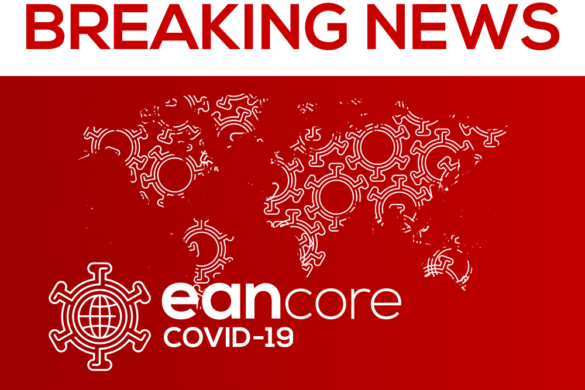Dear Prof. Winkler, you are the leader of the Global COVID-19 Neuro Research Coalition, a very successful network that sees the participation of several neurological centres all around the world. Can you tell our readers a bit more about this initiative?
Thanks so much for inviting me to this interview. The Global COVID-19 Neuro Research Coalition was a very spontaneous idea, born out of necessity and inspired by other COVID-19 activities that were promoted through The Lancet. In April/May 2020, I reached out to like-minded colleagues, whom I found in Samuel Knauss (Germany), Erich Schmutzhard, (Austria), Jim Sejvar (USA) and Tom Solomon (UK), and became the co-founders of the initiative. Through a snowball principle, we included other neurological colleagues from around the world and together we drafted a call for the Coalition that was published in The Lancet Neurology (link here).
The main objective of the Global COVID-19 Neuro Research Coalition is the creation of a brain health platform for global scientific exchange and networking, with a focus on equitable inclusion of colleagues and their partner institutions from low-income and middle-income countries. The call in The Lancet Neurology was launched in June and soon after we had our first network meeting. Ever since we have grown to 80+ members from around 25 countries, including countries from sub-Saharan Africa, Asia and Latin America. It is very important to mention that this is an open and fully inclusive initiative for everyone interested in the topic of COVID-19 and brain health from a more global perspective. In our biweekly meetings, we conceive and write scientific as well as position papers, initiate, support and conduct joint research and exchange on the latest development of global neurology in times of COVID-19. It is also important to say that the Coalition was planned from the beginning to work closely with other neurological networks and societies, such as the Brain Infections Global COVID-Neuro Network, the European Academy of Neurology (EAN), the World Federation of Neurology (WFN) and the African Academy of Neurology (AAN). Importantly, it has got strong collaborative ties with the Brain Health Unit of the World Health Organisation (WHO).
Beside its own activities already established to help the neurological community concerning the pandemic, EAN is also involved in your Coalition through the active participation of some members. How do you see any further collaboration between EAN and Global COVID-19 Neuro Research Coalition?
The Global COVID-19 Research Coalition was never designed to work in isolation and right from the beginning reached out to EAN to join forces for the fight against COVID-19. The idea was to prevent any duplication of work and to work in a complementary way instead. Whereas EAN serves and informs the European community, and very early on in the pandemic had already established its own disease registry, the Coalition is a loose association of scientists with no strict mandate apart from some self-imposed rules, e.g. to pursue in all activities through a One Health, gender-based and equity-based approach and promote the vision of the Sustainable Development Goals. Hence, we also encourage non-neurologists to come on board the Coalition to work on global brain health in a multidisciplinary way.
Collaboration with EAN can work in two directions. EAN is welcome to use the Coalition as a distributive platform to reach a different community outside EAN, e.g. partners in sub-Saharan Africa, and engage in their discussions. On the other side, the Coalition’s work may inspire the EAN agenda and bring in a more global dimension, especially when it comes to the current pandemic and collaboration with low-income and middle-income countries. The Coalition would also be grateful if some of its work could be taken up by EAN in its different and widely reaching scientific and educational fora. In a nutshell, I think it is very important to maintain active exchange between the Coalition and established neurological associations, such as EAN and also WFN and AAN, in order to put the work of the Coalition into the context of the various neurological communities. In addition, the Coalition has maintained, and always will maintain, a very close link with the Brain Health Unit at WHO to put its discourses and scientific projects into the global neurology context.
Prof. Winkler, in your academic career, you have been also involved and fostered several other important activities, such as Global Medicine and Global Health initiatives. Once the COVID-19 pandemic is under control, what will be the priorities for you to deal with? What would be your key-messages for EAN members?
You are right, I am a trained neurologist, professor of Global Health and am truly passionate about Global Health. I am in charge of the Munich Global Neurology Group at the Department of Neurology and the Centre for Global Health, which I co-founded in 2017, at the School of Medicine, Technical University of Munich (TUM), Germany. I am also the founding director of the Centre for Global Health at the University of Oslo (UiO), Norway, and its current Deputy Director. These positions, networks and teams have given me the possibility to bring Global Health to the forefront of whatever I do and this is also the case for Global Neurology.
This pandemic has brought discourse on Global Health local into our hospitals, clinics, classrooms and even living rooms. For the first time, we can all contribute to Global Health discussions, which is unprecedented in history, and which has the potential to change the way we have perceived and practiced medicine or neurology so far, for the betterment of health overall. We need to be aware of this opportunity and not miss our lessons learnt from COVID-19 at different levels, be it with our patients in clinics and hospitals or the way we define scientific partnership with colleagues from resource challenged countries. And we need to take our responsibility towards politics and society at large much more seriously through communicating evidence-based science and contributing to a firmly grounded policy dialogue.
Once the pandemic is over, I would like to work on exactly those issues with my teams at the Centre for Global Health at TUM and the Centre for Global Health at UiO, where I hold my professorship. Some of our questions will be how best to conceive Global Neurology and how to implement it in different countries and settings across the world, maintaining a multi- or even trans-disciplinary approach, including the social sciences and other disciplines. Health and gender equity will be central to my work and I am keen on moving from neurology to the broader concept of brain health, where human, animal and environmental health and its interconnectedness can be thought of together. I think this will keep me busy for a while 🙂 .

